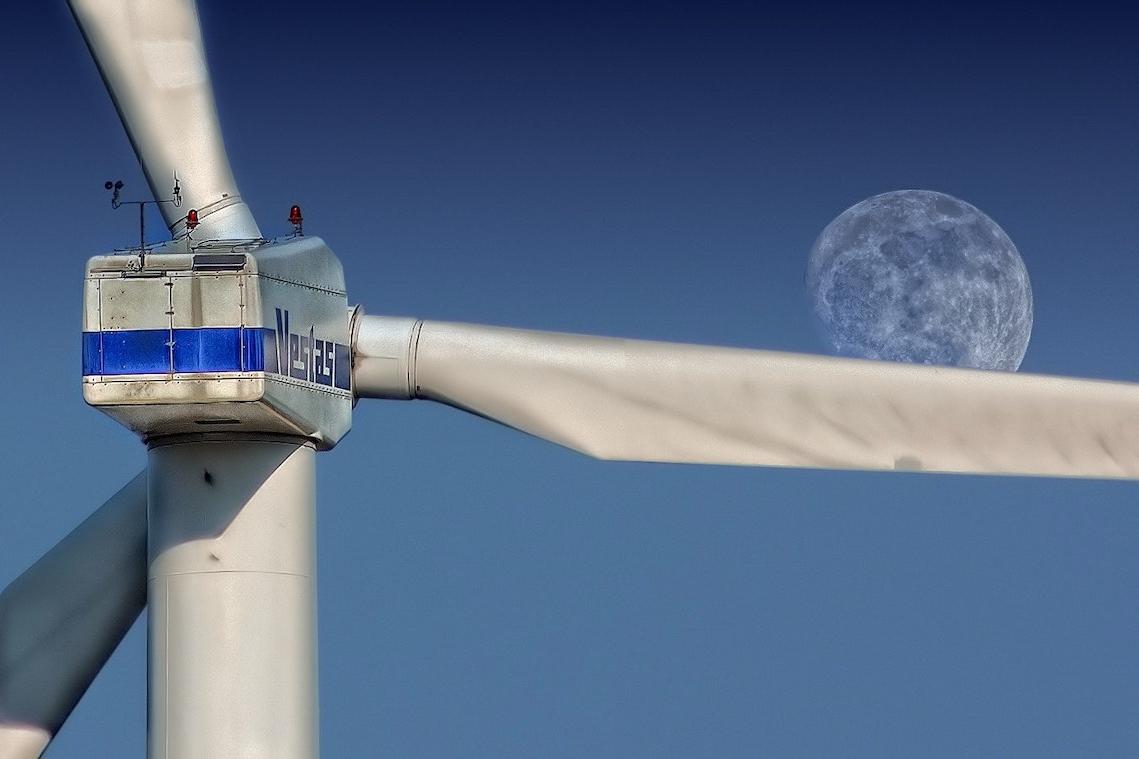
Leading U.S. corporations leveraged their massive buying power to support clean power during the Barack Obama administration, and a change of occupants in the Oval Office has not dampened their enthusiasm for a decarbonized economy. In the latest development, an influential business consortium has upped the ante with new guidelines for accelerating the renewable energy trend.
Big business unites behind clean power
The driving force behind the new push for clean power is REBA, the Renewable Energy Buyers’ Alliance. REBA launched in May 2016 with the aim of supporting then-President Obama’s signing of the 2015 Paris agreement on climate change.
As a project of Business for Social Responsibility (BSR), Rocky Mountain Institute, World Resources Institute and the World Wildlife Fund (WWF), REBA came out of the gate with a portfolio of more than 60 member companies that were already investing substantial sums in clean power.
REBA’s set its members on course toward a goal of shepherding 60 gigawatts worth of renewable energy into the U.S. energy profile by 2025. There was a quick change in the direction of U.S. energy policy following the election of Donald Trump in November 2016, but REBA members have continued to accelerate their decarbonization plans in support of a net-zero goal for the nation.
Pandemic or not, the clean power train stays on track
REBA has stuck to its course throughout 2020, even through the economic disruptions fostered by the COVID-19 pandemic.
The year opened on a note of optimism. With more than 200 companies in its portfolio, on Feb. 5 REBA unveiled a list of the top 10 biggest renewable energy buyers in the U.S. for 2019, with a combined total of more than 9 gigawatts.
Not surprisingly, the top slots were held by U.S. companies that feature prominently in national and global commerce. Facebook headed the list, followed by Google, AT&T, Microsoft, T-Mobile, Amazon, the aluminum and aerospace firm Ball Corp., and McDonald’s. Rounding out the top 10 was Honda, indicating that even companies headquartered overseas can influence energy trends in the U.S.
Even as the pandemic took hold, REBA launched a first-of-its-kind clean power networking program in May to address the important issue of data center sustainability. The group also issued a report charting pathways for accelerating renewable energy procurement among commercial and industrial users in April.
Renewable energy for everyone
This week, REBA took its efforts to the next level by formulating a set of guiding principles for reforming the wholesale energy market. The new Buyers’ Principles on Wholesale Market Design aims to support clean power access throughout the U.S. while cutting costs and improving grid reliability, with ample flexibility for individual users to carve out their own clean power plans.
The wholesale angle is an important development because in previous years, corporate clean power purchases mainly involved the construction of rooftop solar panels or on-site wind turbines at corporate facilities.
As the cost of wind and solar power fell, corporations began to purchase off-site renewable energy, but these purchases were narrowly defined and did not necessarily increase renewable energy access for others.
With the new Buyers’ Principles, REBA advocates for a transformation of energy policy that mirrors the rapid progress of new energy technology, opening up emerging options to corporations on a regional and national basis. Chief among those are new energy storage and smart grid technologies that enable demand-response incentives, which reward customers for off-peak usage. Scaling up new technologies, aligning them with government policy, and fostering market transparency and good governance are also in the mix.
The new focus on wholesale markets represents an understanding that corporate demand for clean power can spur further investments that increase access for everyone. That approach is exemplified by REBA member General Motors, which has engaged in a community-wide renewable energy program through the Michigan utility DTE, in anticipation of widespread electric vehicle adoption.
“The Buyers Wholesale Market Design Principles showcase how to optimize energy markets so that all customers can effectively pursue ambitious clean energy goals that improve air quality and address climate change,” explains Rob Threlkeld, vice chair of REBA’s board of directors and global manager of sustainable energy, supply and reliability at General Motors.
Regardless of the results of the 2020 presidential election, REBA members are poised to accelerate the clean power transformation in the U.S. The only question now is whether or not state and federal lawmakers will come along for the ride.
Image credits: Pixabay and Tom Swinnen/Pexels

Tina writes frequently for TriplePundit and other websites, with a focus on military, government and corporate sustainability, clean tech research and emerging energy technologies. She is a former Deputy Director of Public Affairs of the New York City Department of Environmental Protection, and author of books and articles on recycling and other conservation themes.














